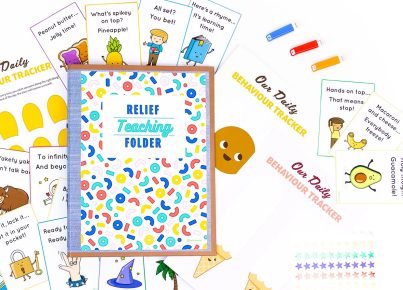Introduction
As educators, we are always looking for innovative ways to engage and motivate our students. One area that can significantly impact student success is the use of rewards. Traditional reward systems such as grades, stickers, or even candy have been shown to be less effective in today’s fast-paced world. Therefore, it is essential that we rethink these methods and develop an updated approach to rewarding our students in a way that promotes long-term success, rather than short-term satisfaction.
Rewarding Intrinsic Motivation
While extrinsic motivators like grades and physical rewards have their place, the ultimate goal should be to inspire our students towards intrinsic motivation—the desire to learn and grow independent of external influences. By identifying and nurturing each student’s unique strengths and interests, teachers will foster an environment where satisfying internal motivators occurs naturally. Encouraging activities such as goal setting, reflection exercises, and personal growth charts can help students recognize their own accomplishments and derive satisfaction from them.
Recognition of Effort
One significant drawback of traditional rewards systems is they often focus primarily on outcomes rather than the process. In order to address this imbalance, teachers should emphasize recognizing and celebrating the effort put into learning rather than just achievement. Praise for persistence, hard work, and improvement can go a long way in helping students develop a growth mindset, which is critical for success in school and beyond.
Collaborative Learning Environments
Historically speaking, education has generally been focused on individual achievements and competition. However, research has shown that fostering a sense of community within the classroom leads to greater motivation and overall performance. By incorporating group projects or class-wide goals into your curriculum with appropriate rewards for teamwork achievements like points-based systems or class-wide celebrations after completing objectives – you’ll be encouraging collaboration as well as personal development and progress.
Exploring Alternative Reward Systems
The pursuit of innovation should not stop at the classroom. Teachers should be dedicated to staying informed about alternative reward systems being explored and implemented in other educational settings. Programs such as game-based learning that incorporate recognition and rewards into the system itself or academic currencies that students earn and spend on unique experiences are examples of exciting new methods this can improve student engagement.
Conclusion
Rebooting rewards systems for our students is essential if educators are to adapt to changing times effectively. By recognizing and nurturing intrinsic motivation, embracing alternative reward systems, and fostering a collaborative learning environment, teachers can connect with their students in meaningful ways. Our goal as educators is always to inspire a lifelong love of learning, and rethinking rewards systems is one crucial step we must take on this journey.





